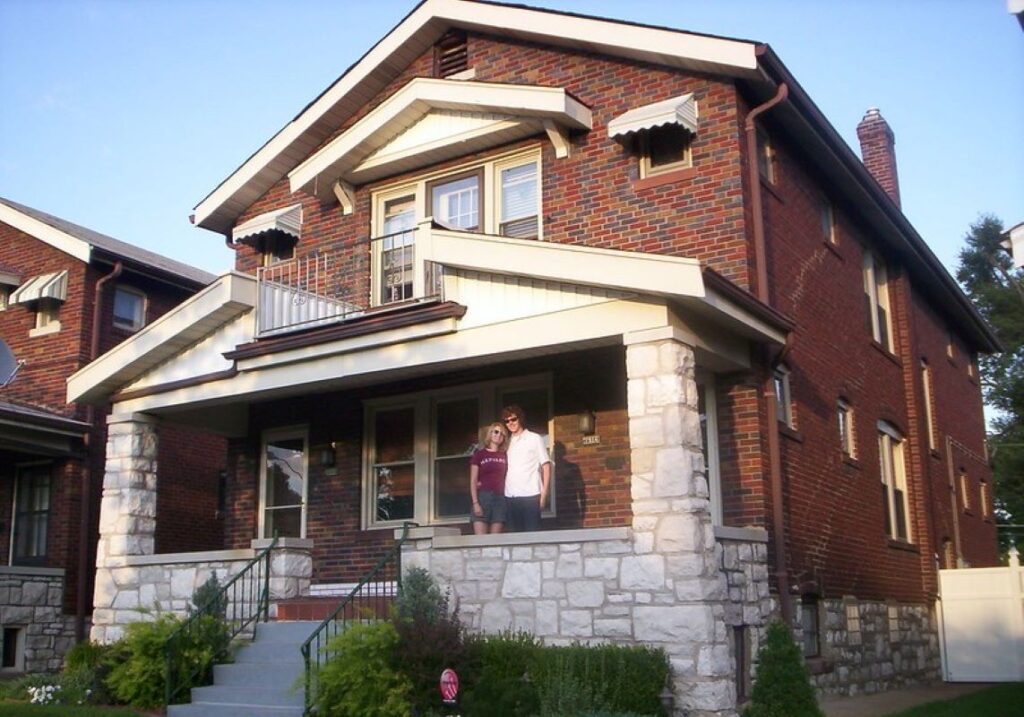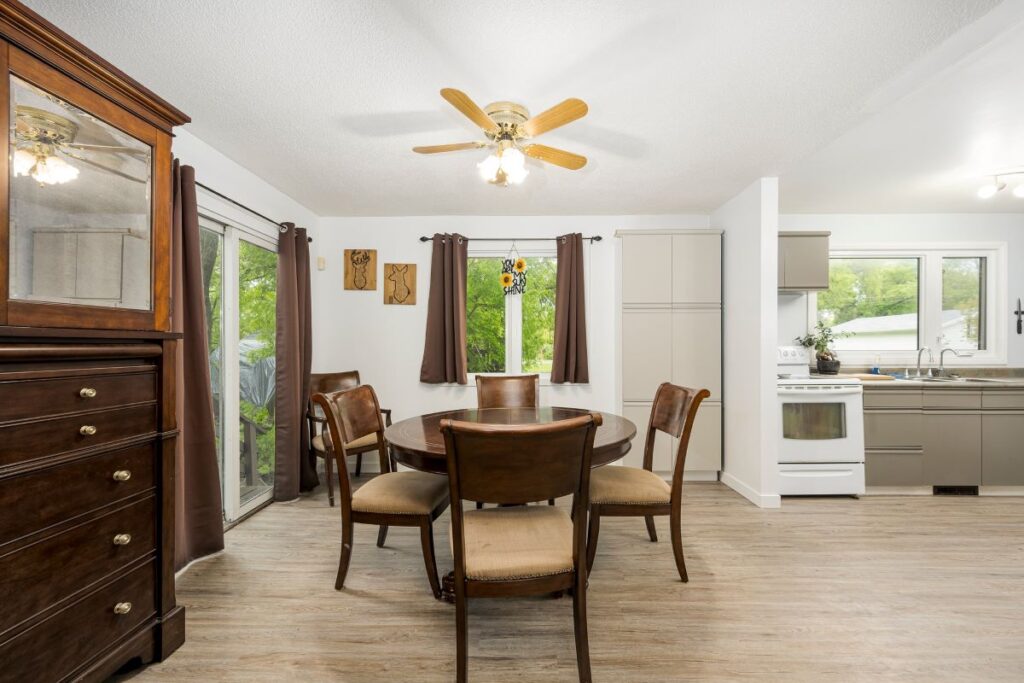According to the National Association of Realtors (NAR), millennial homebuyers make up 38% of people prospecting in the housing market. Anyone with stakes in the housing market would want to consider homebuying from a millennial’s perspective. Doing so will make millennial homebuyers happy and the real estate broker smiling to the bank.

Unfortunately, that is not the prevalent scenario, at least not yet. High home prices have left many millennials standing by the sideline, waiting for just the right moment to swoop in.
What Percentage of Homebuyers Are Millennials?
In 2023, the NAR found that 44% of first-time homebuyers were old millennials (ages 34 to 43). On the other spectrum, younger millennials (ages 25 to 33) made up 75% of 2023’s first-time homebuyers.
Bankrate conducted a cross-generational analysis of Americans’ poise to homeownership. The analysis revealed that 71% of millennials still believe homeownership is an important life milestone despite their incapacity. Indeed, most millennials who are already homeowners do not regret making pocket-draining purchases.
In credence to this assertion, a stat made available by Bankrate suggests that 76% of millennials are optimistic about homeownership. This is the most positive outlook on American homeownership in comparison to other generations. Only 65% of Gen Xs do not express regret about a home purchase; it’s 66% among baby boomers.

Among all adult generations that are prospective homebuyers, millennials are the least pessimistic about the likelihood of becoming owners. According to Bankrate, 36% of baby boomers think homeownership is out of their grasp, compared to 18% among millennials.
How Millennials Are Shaping the Housing Market
Homeownership is very important to the average millennial, which is why many of them save tirelessly towards it. Indeed, many Americans of this generation are putting off starting a family to secure those keys. On the contrary, the average Gen Z is okay with renting and sharing spaces with friends.

Millennials are heavy lifters in the housing market. However, three factors prevent them from dominating it. Regulatory counterbalance has raised mortgage rates; fewer properties are being listed, driving up demand, and inflation has phenomenally increased the cost of home construction.
Despite their economic hurdles, the NAR reports that about 44% of 2022 homebuyers were millennials.
What Millennials Want in a Home: Key Features and Preferences
What do millennials want in a home? A comparison of the dominant home preferences across generations revealed that millennials prefer spacious homes. However, the tight inventory of home brokers is forcing many millennial homebuyers to settle for what they find.

After analyzing home sale data from 2023, the NAR found that the average millennial bought homes with sizes ranging between 2,100 and 2,400 square feet. Older generations seldom mind settling for homes that are less than 2,000 square feet in size.
However, with the current tight housing market, some millennials are arriving at a compromise. Instead of hunting for what they consider their long-term home, they settle for what’s available. Hopefully, their coffers will have more allowance to flip for a larger space, and maybe the housing market will be more encouraging by then.
ALSO READ: Homeownership Among Black Millenials Trails Behind Others
What Are the Tips for Millennial Homebuyers?
There was a time when the thought of millennial homeownership seemed like a pipe dream. Well, not anymore! Now that many millennials are getting into the market, here are some tips to help them navigate it with ease:

- Offset All Pending Debts: Some years ago, student loans were touted as the major cause of millennials living with their parents. However, many of them now have employment. Obviously, before considering a home acquisition, the priority should be to knock off all pending debts. The last question on your mind should be: “What are the best cities for millennial homebuyers?” Credit card, car, and student loans should be settled, or practical and timed plans should be implemented to offset them.
- Set and Work With a Budget: It is important to have a target when giving home buying a thought. This will influence how much of your income to set aside for that purpose and an estimation of how long it would take to accumulate the necessary down payment. Using a home affordability calculator to tailor your income to your intended home purchase expense may help.
- Explore Down Payment Options: Some lenders may offer down payment options on their mortgage offer; do well to explore them.
- Compare Offers From Multiple Lenders: Consider several things before selecting the lender for your mortgage loan. If possible, obtain and compare the prospectus of multiple lenders to get the best deal possible. At the very least, compare three different lenders and check things like interest charged on the loan, lender fee, etcetera.

